Flying over the North Atlantic, I could not shake off the impact of what I was doing. In a few hours I would land in Munich, Germany, where I would spend five days before traveling to my new home-away-from-home in Salzburg, Austria. My heart was restless, my head fuzzy, as I looked out the tiny plane window. What had I done?
I had dreamed of studying abroad since freshman year, but I was quickly realizing that I wasn’t the person I always imagined I would be in this moment. I wasn’t confident; I wasn’t prepared; I wasn’t adventurous. In fact, I was the same girl I had always been—an anxiety-ridden, serial-doubter, who rarely relinquished control. And this was definitely out of my control.
My head swam with questions: What if I romanticized the whole study abroad experience? What if I didn’t make any friends? What if my host family didn’t like me? What if I had to live on sausage and bread for the next three and half months? What if I missed out on things back home? What if I couldn’t understand the language, or got homesick or just stunk at being an adult? What if I didn’t have what it took to live the life I always dreamed of?
The problem with “what-ifs” is that they can go on forever if you let them, and they rarely promote living life to the fullest.
Caught up in my fear of the unknown, I was unaware that I was making one of the greatest decisions of my life. Looking back, studying abroad changed me in so many ways. It taught me to respect and enjoy the processes in life, not just the destination; it pushed me to step outside my Americanized-comfort zone and see the people behind the statistics; more than anything, it acted as a spiritual catalyst, transforming my relationship with an ever-present, ever-faithful God.
I left the United States thinking that my destination was somehow going to change me into the person I always imagined I would be, but that was never the case. Change is always a process, one that often consists of mistakes, wrong-turns, and utter failures. I have learned that in order to have a joy-filled life, you must be able to love yourself, as is, before working toward the person you want to become.
Studying abroad helped me grow spiritually, emotionally and mentally in ways I cannot fully express in words, but my growth didn’t come from living in Europe or learning German or traveling the world. My growth came from significantly less glamorous moments, like getting on the plane despite feeling completely unprepared, unashamedly trying to pronounce German syllables at the dinner table despite looking like a fool, missing the train, taking the wrong bus, getting lost a few too many times, and figuring out that its okay to not have it all together. It is amazing how the little, seemingly insignificant moments tend to have the greatest long-term effects.
Sometimes, however, there are big moments—the kind you point to later and say, “That was a game-changer.” For me, that came about a month into the semester at Salzburg College when two Syrian refugees came and spoke to our class.
I don’t really know what I expected the refugees to be like, but whatever I imagined, they weren’t it. Mawiad, 27, and Deohvi, 19, walked into our classroom in blue jeans, fitted tees and smiles that wrapped clear across their faces. I was shocked by how normal they looked. They had the kind of personalities that lit up a room, joking with us about U.S. stereotypes and bantering back and forth as brothers do. Mawiad loved photography and was going to school to be an engineer when they were forced to leave Syria. Deohvi loved to draw and wanted be a professional artist. I was struck by how much he resembled one of my friends from high school.
Eventually they began unwrapping their story, telling us how they had to leave their parents in Syria not knowing if they would ever see them again. They walked many miles with their young cousins, eventually making it to Greece by boat. With barely room to breathe inside the small, packed vessel, Mawiad described how they had to throw the little they owned into the ocean just to keep the boat afloat.
Tears filled my eyes as I listened. I had read so many stories about the refugee crisis in Europe, but until that point I had never cared. Not really. I never saw them as my friend, or my brother, or my mom…but they were no different. They weren’t some statistic; they were living, breathing human beings who mattered. Being abroad woke me up to the fact that while we may speak different languages, believe different things and wear different clothes, our similarities will always outweigh our differences.
While the highs of studying abroad brought with them unforgettable memories, I am—oddly enough—most grateful for the lows that everyone eventually faces. Those moments led me straight to Jesus.
It’s amazing how clearly you can hear the Lord’s voice when He’s the only one you have to run to. I found myself continually going back to Old Testament passages that revealed the character of God. In Genesis 22, God gives himself the name: Yahweh Yireh—the Lord will provide.
Some translators describe this as meaning, the Lord who sees ahead of me.
In other words, God sees us in our present state, but he also sees ahead to where we are going—even the places we cannot yet see for ourselves. He sees ahead and He provides.
There has never been a season of my life that I have felt the truth of those words more than my time abroad. The Lord faithfully provided me with a spiritual community greater than I could have dreamed, a warm, kind, welcoming host family that I love dearly and an experience that I will always carry with me.
Looking back at my semester in Salzburg, I wish more than anything that I could go back and tell that anxious girl on the plane that she had nothing to worry about. If she had only known the places she would go, the things she would see, the people she would meet, the person she would become.
If only she had known that Yahweh Yireh was already there, waiting to provide.
By Cimber Winfrey, Online Editor

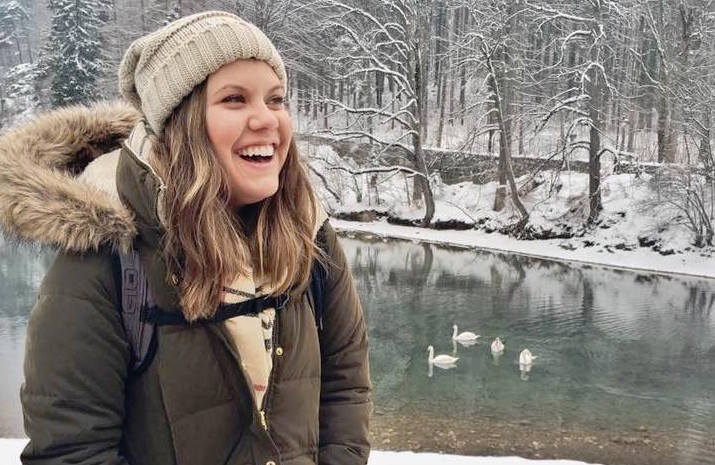

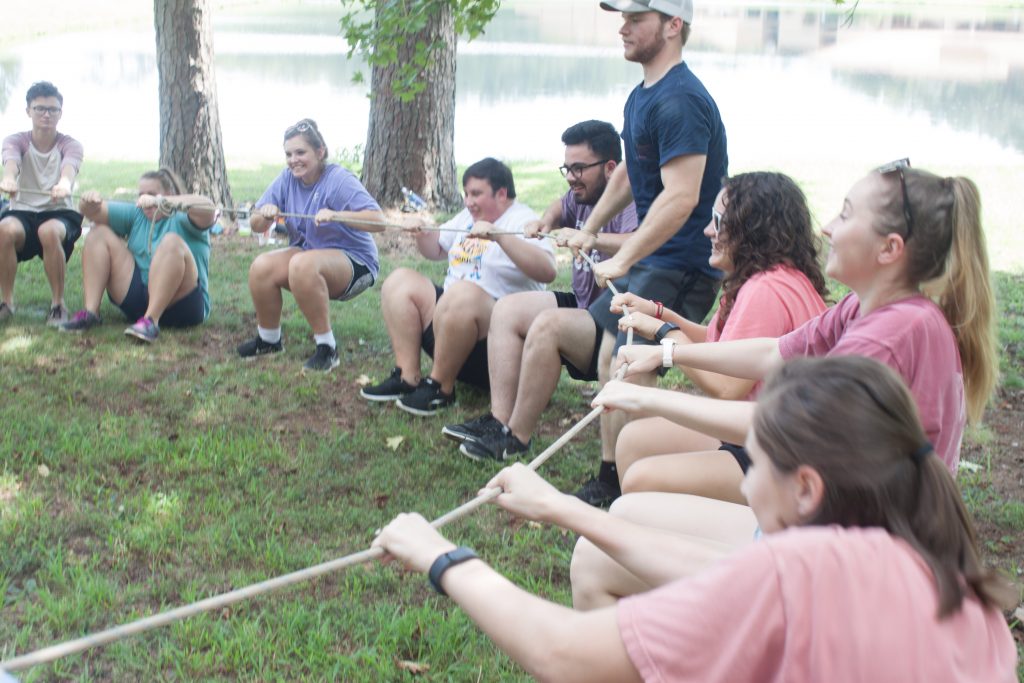

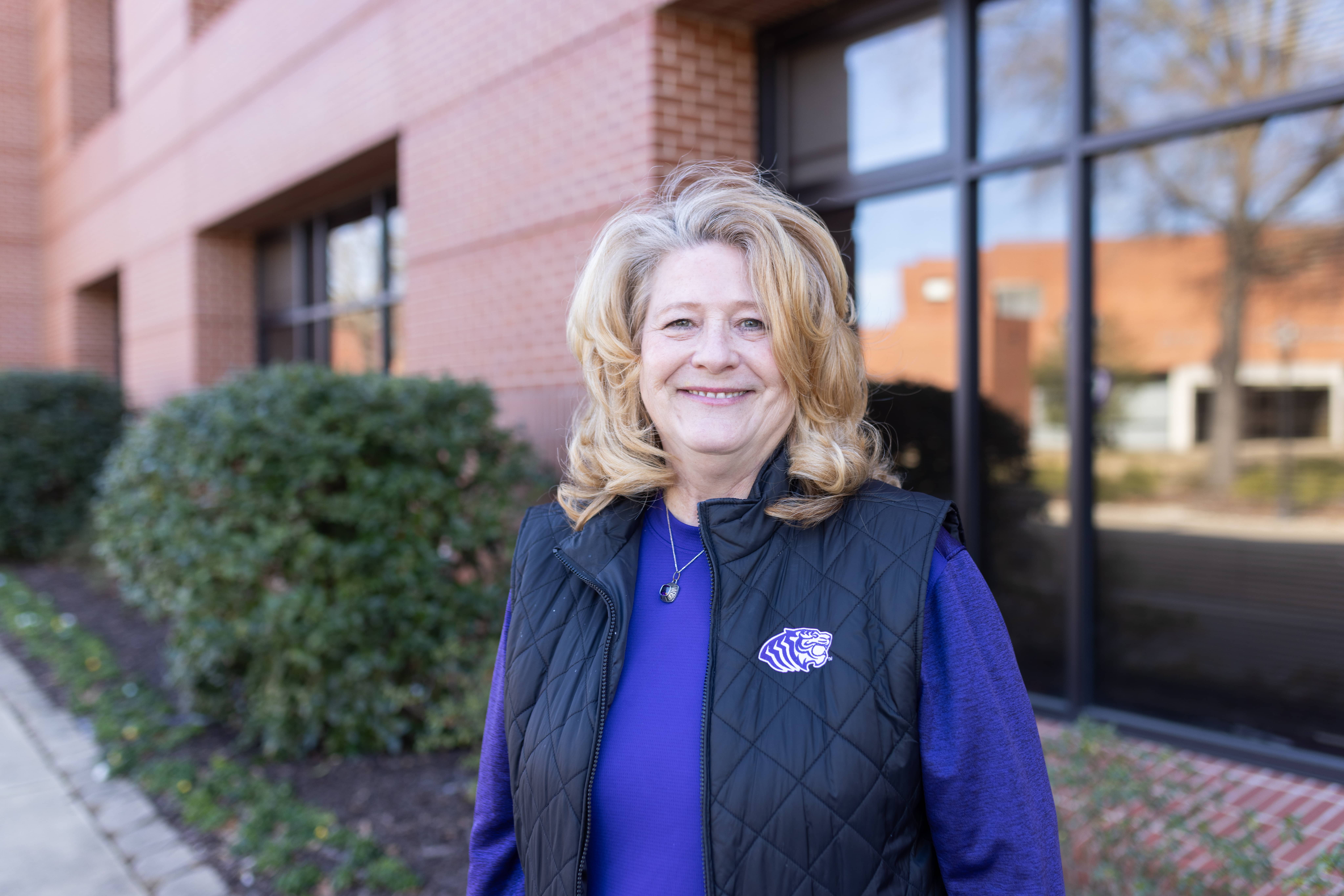
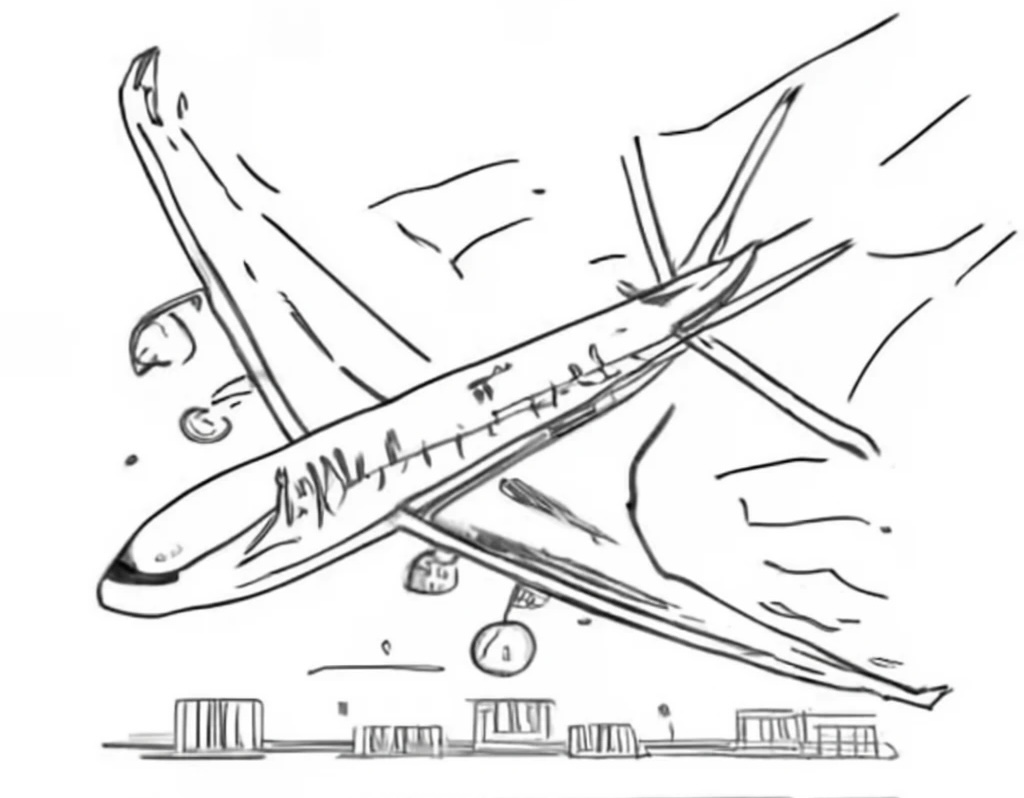
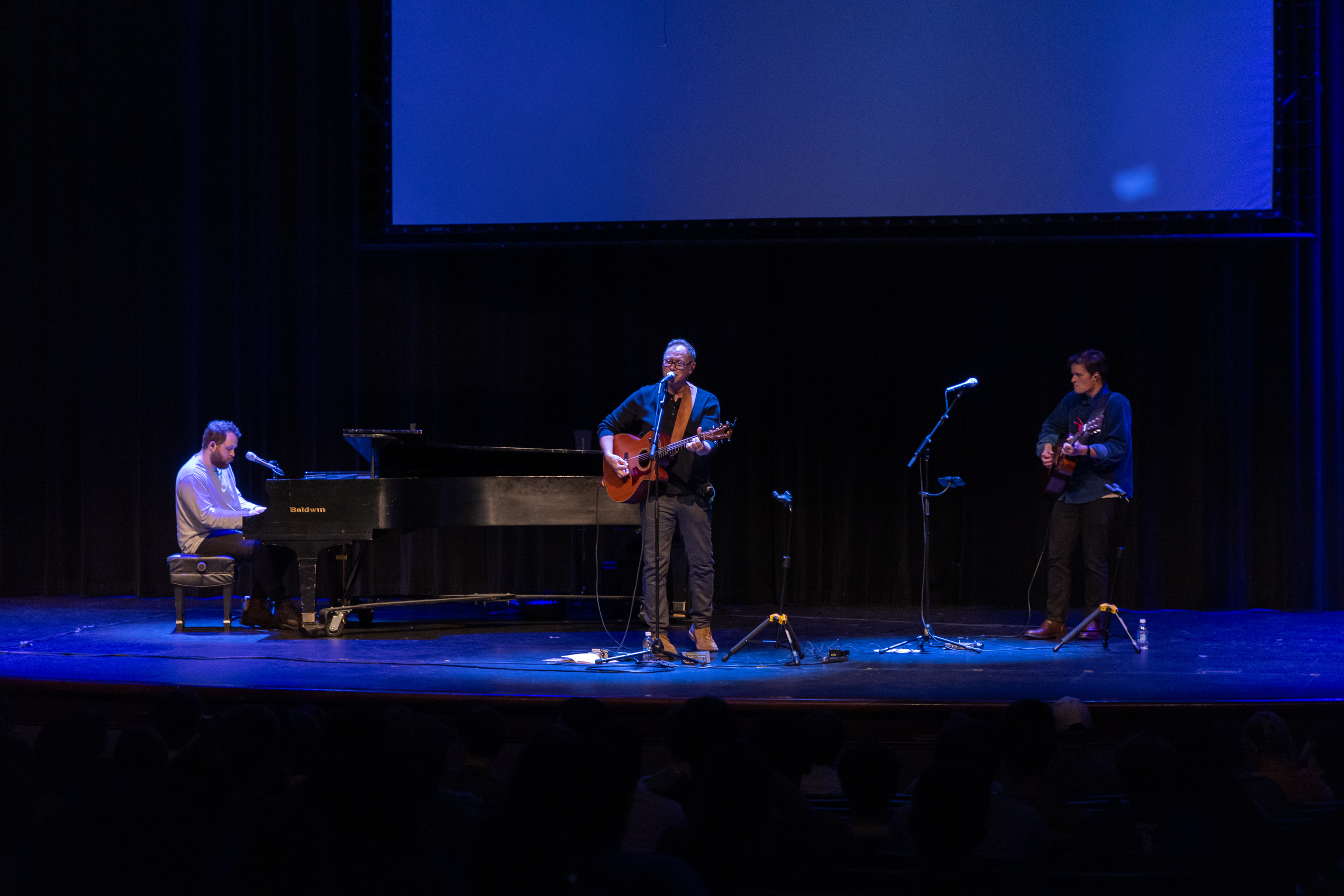
This brought tears to my old dry eyes. Thank you.